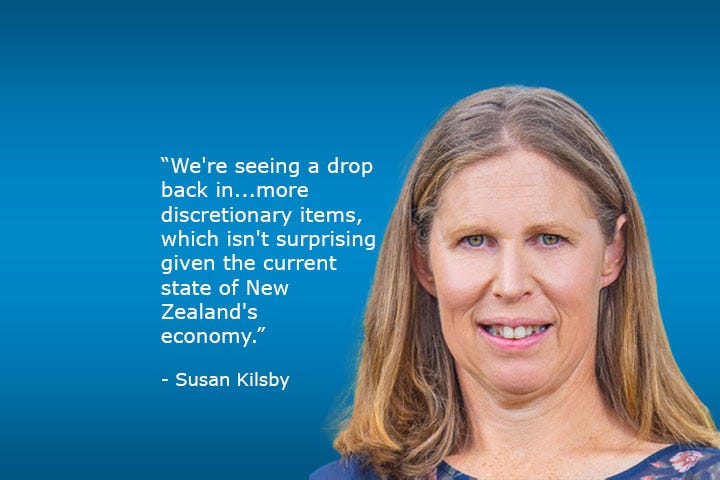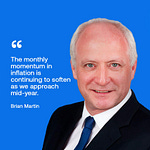Fed officials point to smaller, cautious cuts. Australian consumers look through later rate cuts and to job safety as confidence jumps, and falls in some New Zealand imports point to underlying economic weakness.
In our bonus Deep Dive interview, ANZ Senior Commodity Strategist Daniel Hynes analyses concerns that China has been building up excessive stockpiles of key imports at the same time as domestic activity has been dropping off.
5 things to know:
US Treasury yields ticked up again overnight - the yield on the 10-year rising to 4.2% for the first time since July. This comes off the back of firming expectations that the US Federal Reserve will proceed carefully with future rate cuts. ANZ Economist Bansi Madhavani says a number of Fed officials have spoken in recent days indicating caution on the path ahead.
ANZ-Roy Morgan Australia consumer confidence finally broke the key 85 barrier last week, jumping over four points to 87.5 - a 90-week high. ANZ Economists Maddy Dunk says last week’s strong jobs data has led consumers to feel more financially secure.
The jump in confidence came despite that strong jobs data causing market pricing for the RBA’s first rate cut to jump from November 2024 and into 2025.
New Zealand recorded a Q3 trade deficit of $2.8 billion as goods exports fell 0.5% and imports rose 2.4% - boosted by a large government purchase of aircraft. ANZ Agriculture Economist Susan Kilsby says some import data pointed to the underlying weakness in New Zealand’s economy.
Singapore releases its September inflation data today. ANZ Economist Krystal Tan is expecting the CPI to be 1.8% year on year, down from 2.2% in August. Krystal says this would be the first reading below 2% since March 2021, paving the way for monetary policy easing.
Cheers
Bernard
PS: Catch you tomorrow with a look at whether Singapore’s inflation data might allow for monetary policy easing early next year.












